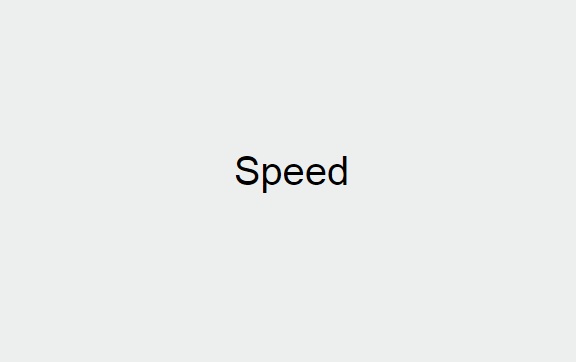
Every few weeks there is a new app that promises readers new and innovative ways to speed read e-books. Amazon has also jumped into the fray offering their own unique method. I fail to see a point in speed reading e-books. How can you possibly digest James Joyce, Cormac McCarthy and all of their literary idiosyncrasies?
A review paper, which has just been published in the journal Psychological Science in the Public Interest, analyzes reading process, and what it means for speed-reading programs and apps.
The main premise of the paper is that it is highly unlikely that readers will be able to double or triple their reading speeds while still being able to understand the text as well as if they read at normal speed. They also found that there is no “magic bullet” to help us “read more quickly with excellent comprehension, ideally without much effort or training”.
The Amazon Fire Tablets and Kindle e-readers have a relatively new function called Word Runner. It displays a single line of text per page and abides by a principle called rapid serial visual presentation. It claims to increase reading speed by freeing us from the need to move our eyes. But the scientists say that only about 10% of reading time is spent moving the eyes, and the inability to reread previous sentences when using rapid serial visual presentation will result in a failure to understand the text.
One of the pitfalls of employing Word Runner is sub-vocalization. This is the inner speech readers hear in their heads as they read silently. Because we all learn to speak and listen before we learn to read, almost everyone tends to access the sounds of speech when they read.
Word Runner also fails in a concept called regressions. This is the quick, unconscious re-readings humans do when they don’t understand something. Since words flash by and aren’t easily rewound it is impossibly hard to even use this Amazon feature.
I honestly think that unless you have years to devote to becoming a proper speed reader, you should avoid this Amazon gimmick. If you want to just increase the rate in which you read in a more organic fashion, simply read more to increase your vocabulary, or read things you already know a lot about.
Michael Kozlowski is the editor-in-chief at Good e-Reader and has written about audiobooks and e-readers for the past fifteen years. Newspapers and websites such as the CBC, CNET, Engadget, Huffington Post and the New York Times have picked up his articles. He Lives in Vancouver, British Columbia, Canada.
